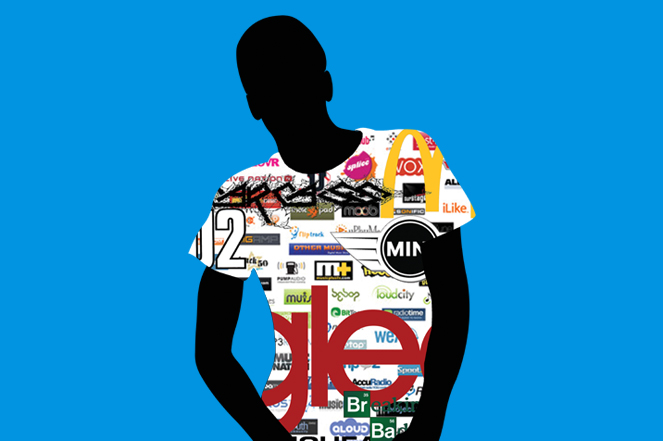
Are you telling more than you think when you click the “Like” button on Facebook? New research, published today, says that Facebook users are unwittingly revealing intimate details every time they use this social networking feature.
The research shows that “inference” data, such as the kind of TV show and music the user has “Liked”, can be used to build personal profiles of Facebook users. This “inference” data is used as opposed to “explicit” data, to greater effect. The research showed, as an example of “explicit” data, that less than 5% of gay users “Liked” gay marriage.
In fact, the research showed high accuracy for predicting a male user’s sexuality (88%), race (95%), political affiliation (85%), religion (82%) or even whether or not the user’s parents separated before the user was 21 (60%).
This differs from the AOL search data leak of 2006, where the twenty million search keywords of over 650,000 users were made publicly available online significantly in terms of privacy. In that case The New York Times was able to successfully discover the identity of the supposedly anonymous users in the leaked data by parsing their details. In this case the user is already known, their individual identity is established as a Facebook profile, and it is their details and secrets that are being parsed.
And while Facebook users may make their photographs and posts available only to their friends, their “likes” are nearly always public.
Read more:
The Guardian: Facebook users unwittingly revealing intimate secrets, study finds

I like this post Rug 😉
It may be very ‘big brother’ but it is clever and very advertiser friendly.
Those FBers are smart people. Relevance is key and they are making advertising more relevant by knowing what you like.